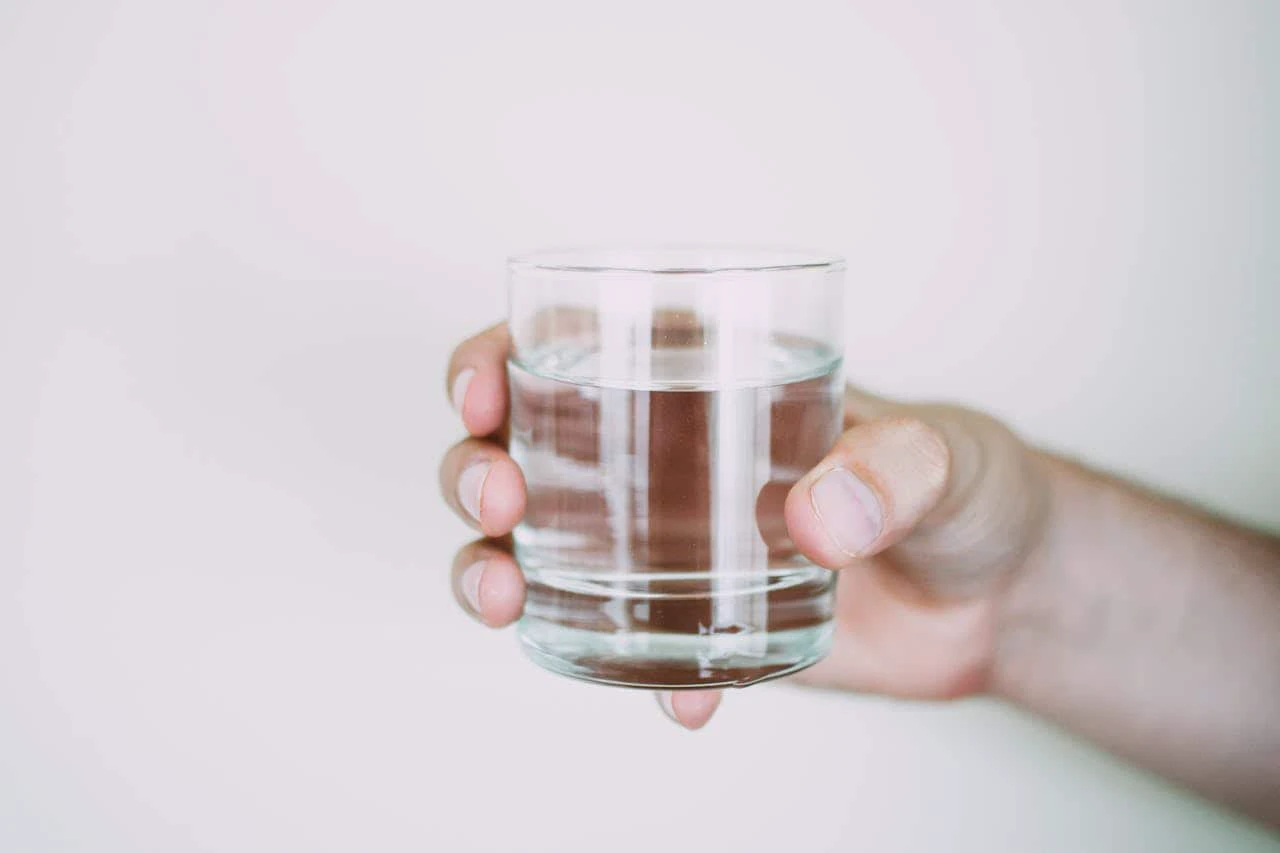In a major twist to the ongoing crackdown on misleading or , the Delhi High Court has granted an interim stay against key orders issued by FSSAI, effectively pausing the ban on use of ORS branding for certain beverage products.
The stay comes following a petition by JNTL Consumer Health (a subsidiary of Johnson & Johnson), allowing it to continue marketing its ORS-branded product and addressing stock in the market. After the FSSAI’s October 14 advisory banning the use of the term ORS on any food or beverage product that does not meet the World Health Organization-recommended formulation, one paediatrician who spearheaded the fight called the move a long-overdue win, yet also raised fresh alarm about a possible rollback. The Delhi High Court’s stay fits well in this context.
In its petition, JNTL Consumer Health stated that the estimated value of stocks stood at INR155-180 crore, highlighting the scale of commerce caught in the regulatory web. The Delhi HC placed a hold on FSSAI’s October 14-15 orders, giving JNTL a week to make a representation on the matter. Justice Sachin Datta reportedly emphasised that FSSAI cannot implement its directive “till the company is given adequate opportunity of hearing”.
The Crux Of The Regulatory Order
In its October 14 order, FSSAI declared that any food- or drink-product using the term “ORS”, including with prefixes or suffixes (e.g., “Smart ORS”, “Hydra ORS”), would henceforth be deemed misbranded under the Food Safety & Standards Act, 2006. The regulator rescinded earlier relaxations granted in July 2022 and February 2024, which had allowed the use of “ORS” in trademarks under certain disclaimers.
FSSAI’s core contention is that such branding misleads consumers into believing these drinks replicate the WHO-approved ORS formulation, a lifesaving therapy for dehydration, whereas many commercial versions contain inadequate salts and high sugar content, thereby risking child health.
Why The Stay Raises Alarm Among Child Health Experts
Child health advocates and paediatricians who had welcomed the ban are now concerned. They see the stay as a potential erosion of public-health gains. One prominent Hyderabad paediatrician, Dr Sivaranjani Santosh, who campaigned for eight years against fake ORS drinks, reportedly criticized the interim relief: “This is a national shame… It appears FSSAI has permitted disposal of high-sugar ORS-type stock without fully protecting children.”
In India, diarrhoea remains responsible for around 13% of deaths in children under five. Genuine ORS is considered a frontline intervention, with potential to reduce fatalities by more than 90% when used correctly. The stakeholders warn that diluting the term ORS through diluted branding undermines this lifesaving tool.
Where Things Stand Now
FSSAI, meanwhile, has stated that it remains committed to the spirit of its ban, clarifying that the stay is a legal procedural outcome, not a policy reversal. It emphasised that FSSAI will act once JNTL’s representation is considered and the matter comes up for full adjudication.
Industry sources say JNTL’s petition argues that the October orders are “arbitrary and unreasonable” since the company had been permitted to use ORS under previous orders and had manufactured large quantities in reliance on earlier clearances. The Delhi HC’s stay signals that the judiciary is scrutinising the regulator’s rapid policy shift and its implications for trade and product liability.
What This Means For Consumers And Retailers
For consumers, the stay creates confusion: how to distinguish a genuine, WHO-formulated from a sugar-rich “hydration” drink? Retailers and distributors are caught in legal limbo with some continuing sales under court permission, others withdrawing stock fearing future liability.
Consumer-safety experts say this underscores the need for transparent labelling. Products must clearly state their electrolyte content and suitability for therapeutic use, avoiding misleading ORS branding. Until the regulatory matter is resolved, parents and caregivers are advised to use only WHO-approved ORS sachets (containing around 13.5g dextrose per litre and calibrated salts), and not rely on beverages that simply carry the
